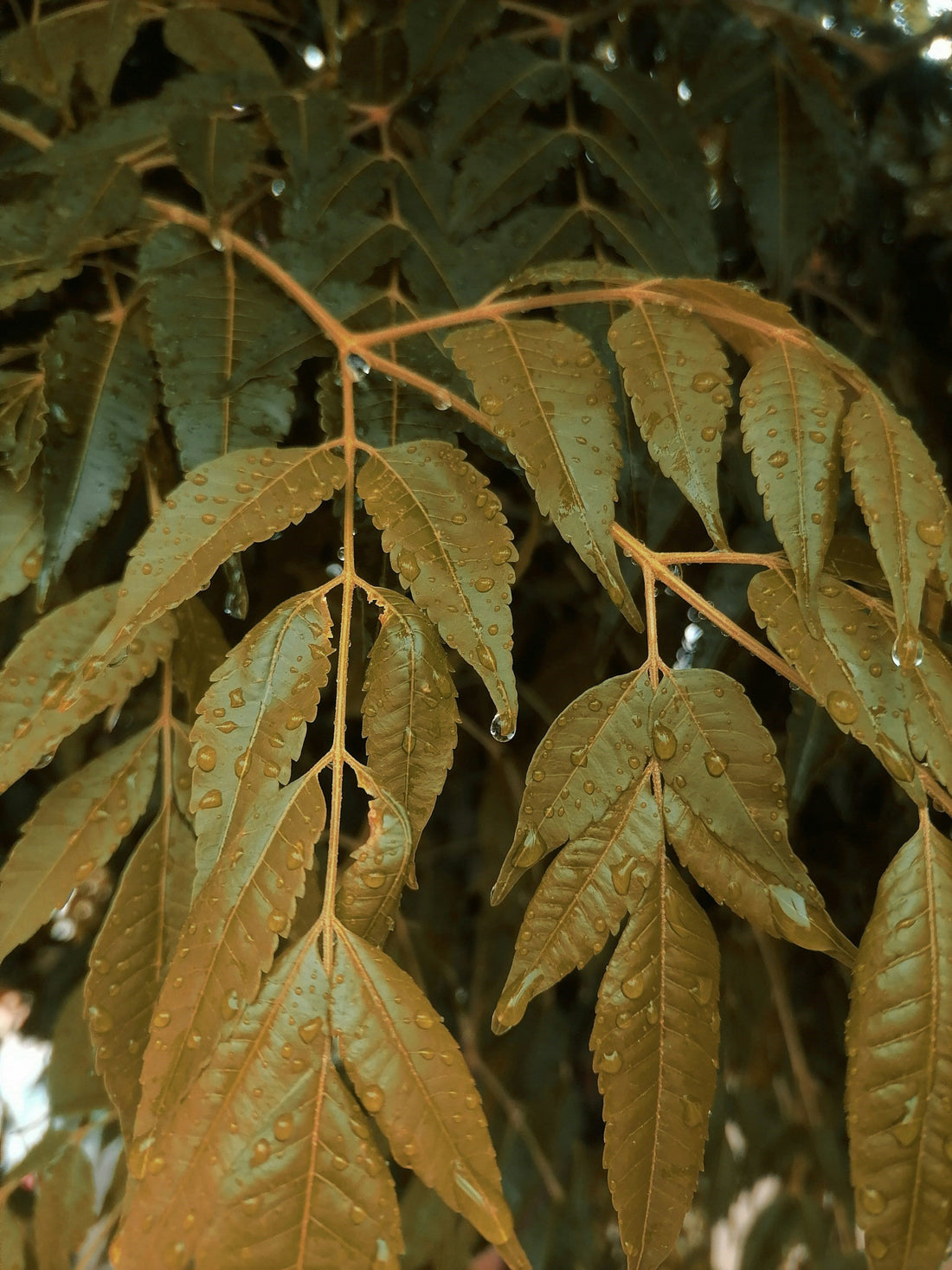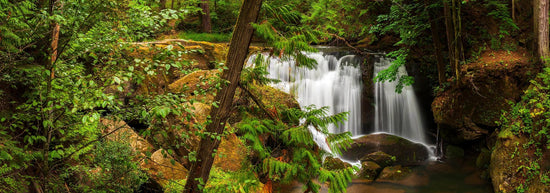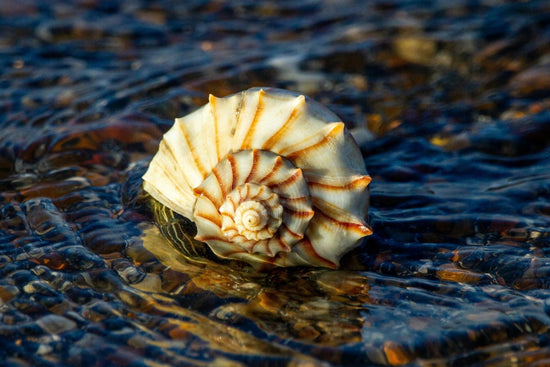As we celebrate Women’s History Month, it is important to recognize the contributions women scholars, scientists, artists, and activists have made to the climate justice movement. As understood by the framework of ecofeminism, women and environmentalism have always been entwined: A meaningful climate justice movement incorporates intersectional solutions that proactively dismantle the patriarchal systems of exploitation and degradation used to subjugate women as well as the Earth.
Around the world, women environmentalists advocate for policy and cultural shifts that center sovereignty, interdependence, community care, compassion, integrity, and reciprocity. This week, inspired by Aya Paper Co.’s article, 4 Black Women Environmentalists You Should Know About, we want to spotlight a few of the powerful women creating massive waves of change toward a positive, equitable future for all of us: both people, and the planet.
Header image by Oussema Jbeli on Unsplash.
Leah Thomas
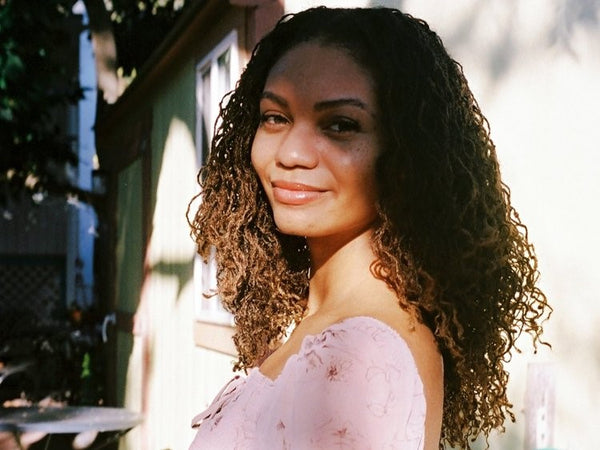
“We can’t save the planet without uplifting the voices of its people, especially those most often unheard.”
—Leah Thomas
Budding as one of the most influential environmentalists of our generation, Leah Thomas is a writer, activist, and eco-communicator.
Leah is the founder of Green Girl Productions, the lifestyle blog @greengirlleah, and the renowned non-profit organization Intersectional Environmentalist, a climate justice resource and media hub working toward a more equitable and diverse future of environmentalism.
She is the author of The Intersectional Environmentalist: How to Dismantle Systems of Oppression to Protect People + Planet—a highly recommended read for understanding why climate justice and social justice are one and the same.
Her work is imaginative, inclusive, and expansive. Since coining the groundbreaking term “intersectional environmentalism" in 2020, she has used her platforms to advocate for environmental and social justice, provide accessible education on intersectional environmentalism, and design creative climate justice programs like London’s first Black EcoFeminist Summit and Earth Sessions climate justice concerts. Her work continues to expand, inspire, and educate around the globe.
Hazel M. Johnson
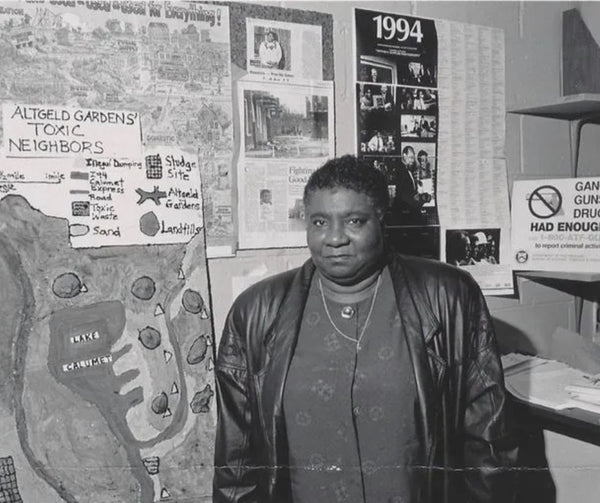
“Everyday, I complain, protest, and object. But it takes such vigilance and activism to keep legislators on their toes and government accountable to the people on environmental issues…If we want a safe environment for our children and grandchildren, we must clean up our act, no matter how hard a task it might be.”
—Hazel M. Johnson
Known as the “mother of environmental justice,” Hazel M. Johnson was a leading environmental activist from the South Side of Chicago and one of the first Black women to gain prominent recognition in the environmental movement.
Upon losing her husband to lung cancer in 1969, she learned their predominantly Black community, Altgeld Gardens, was embedded in what she called a “toxic doughnut” due to the toxic fumes and waste emitted from surrounding factories and landfills, resulting in abnormally high rates of cancer and respiratory illness.
Catalyzed by this case of environmental racism, Hazel began organizing with her community, forming the People for Community Recovery (PCR) organization in 1979 to fearlessly advocate for environmental justice. She was instrumental in forming the seventeen Principles of Environmental Justice, which she presented to Congress in 1993, leading to Bill Clinton’s Executive Order 12898 addressing environmental injustice.
Hazel passed in 2011, and lives on in the movement toward intersectional climate justice today.
Vandana Shiva
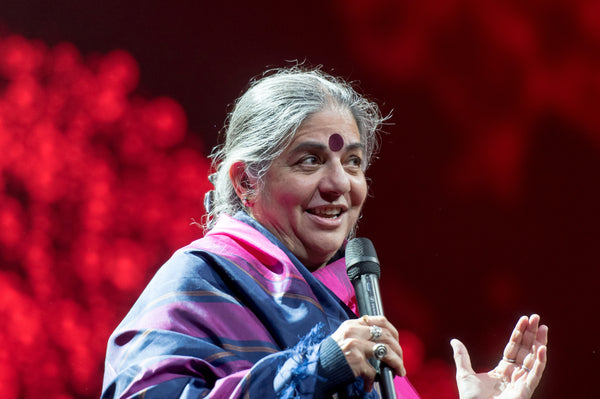
“The liberation of the Earth, the liberation of women, the liberation of humanity is the next step of freedom we need to work for, and it’s the next step of peace that we need to create.”
—Vandana Shiva
Vandana Shiva is a world-renowned Indian physicist, environmental activist, author, ecofeminist, and food sovereignty advocate—to name just a few of her qualifications!
After completing her PhD on the “Hidden Variables and Non-locality in Quantum Theory” in 1978, Vandana went on to found the Research Foundation for Science, Technology, and Ecology (RFSTE) in 1982, a program of which became the organization Navdanya (“nine seeds” in Hindi) in 1984. These initiatives focus on biodiversity conservation, food security, non-violent agricultural justice for small farmers, and the integration of indigenous knowledge.
Vandana has authored numerous books, notably including Biopiracy: The Plunder of Nature and Knowledge, Water Wars: Privatization, Pollution, and Profit, and Oneness vs the 1%: Shattering Illusions, Seeding Freedom; she has additionally published over 300 papers in leading scientific and technical journals. She has earned numerous recognitions and awards and continues to fight for the just protection of people and planet.
Dr. Robin Wall Kimmerer
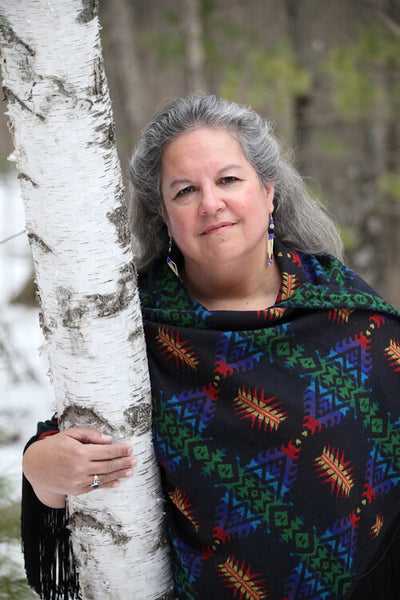
“Action on behalf of life transforms. Because the relationship between self and the world is reciprocal, it is not a question of first getting enlightened or saved and then acting. As we work to heal the Earth, the Earth heals us.”
—Dr. Robin Wall Kimmerer
Dr. Robin Wall Kimmerer is a beloved Potawatomi scientist, author, professor, and mother. Her exquisite writing in books Braiding Sweetgrass: Indigenous Wisdom, Scientific Knowledge and the Teachings of Plants and Gathering Moss: A Natural and Cultural History of Mosses has inspired millions toward building a both deeper connection with the Earth, and an appreciation for traditional Indigenous knowledge, given the indispensable place it holds in the environmental movement.
Dr. Robin has also authored many scientific papers on ecology. She was named a MacArthur Fellow in 2022 and addressed the UN general assembly in 2015 on the topic of “Healing Our Relationship with Nature.”
With a PhD in Botany, Dr. Robin is a Distinguished Teaching Professor of Environmental Biology at the State University of New York. There, she founded and directs the Center for Native Peoples and the Environment, whose sustainability work draws on Indigenous and scientific knowledge alike. She lives on an old farm, “tending gardens both cultivated and wild.”
Wanjiku "Wawa" Gatheru
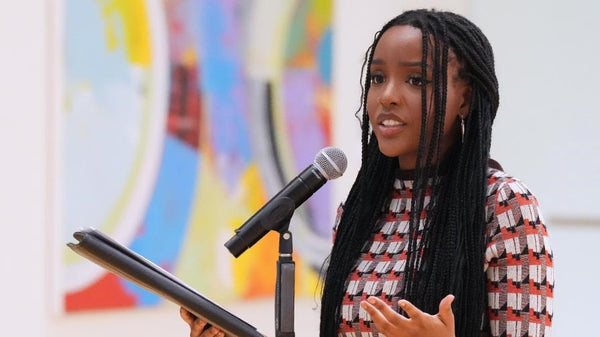
“Women’s proximity to climate injustice makes us the most qualified to lead because women are already leading on solutions to survive. And Black women are the pioneers of the environmental justice movement. When women lead, children’s health improves, local economies grow, and entire communities flourish—the premise is just climate future.”
—Wanjiku "Wawa" Gatheru
Wanjiku “Wawa” Gatheru is a pragmatic Kenyan-American environmental activist, scholar, and storyteller at the very start of her career.
Wanjiku is the first Black person in history to receive the prestigious Rhodes, Truman, and Udall scholarships. At the age of 22, she founded the national non-profit Black Girl Environmentalist, an outstanding organization dedicated to empowering and nourishing environmental solutions and climate movement leadership by Black girls, women, and gender-expansive people.
Wanjiku is an inaugural member of the National Environmental Youth Advisory Council of the US EPA, a Public Voices Fellow on the Climate Crisis with Yale’s OpEd project, and sits on boards and advisory councils for EarthJustice, Climate Power, the Environmental Media Association, the National Parks Conservation Association, Good Energy, and Sound Future. Harvard and Pique Action have named her a Climate Creator to Watch!
Dr. Jane Goodall
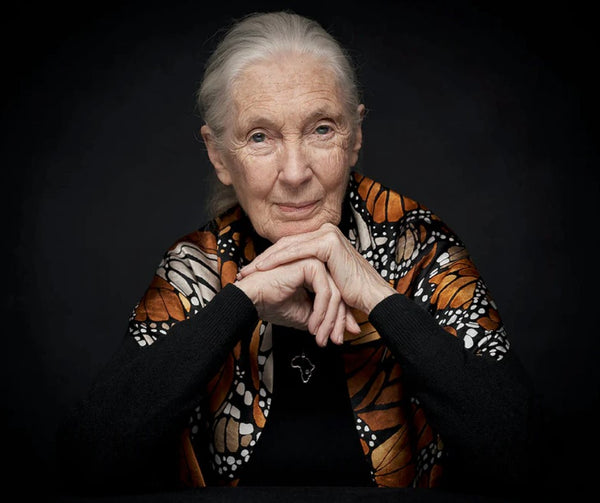
“You cannot get through a single day without having an impact on the world around you. What you do makes a difference, and you have to decide what kind of difference you want to make.”
—Dr. Jane Goodall
Dr. Jane Goodall is a venerated ethologist, primatologist, and conservationist best known for her decades of studying and living among wild chimpanzees in the Gombe forest in Tanzania, Africa.
Her decades of unique research have redefined human-animal relations for the Western world, emphasizing the critical importance of ecological conservation; she has also been an outspoken proponent for the incorporation of local communities into conservation work, one of many projects carried out by her institute today.
Dr. Jane has founded the Jane Goodall Institute for Wildlife Research, Education, and Conservation, as well as the Roots & Shoots organization, a program empowering the world’s young people to become compassionate leaders and changemakers. She has published numerous books and received many accolades from around the world. She continues to advocate for urgent environmental action and intersectional climate justice.
Professor Wangari Maathai
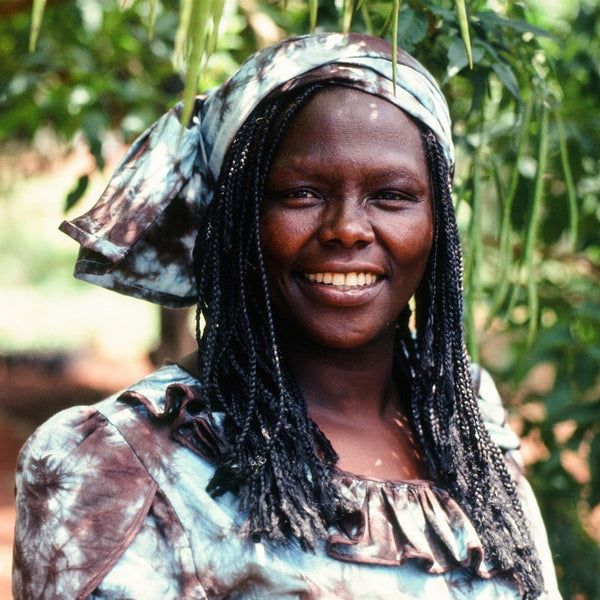
“We are very fond of blaming the poor for destroying the environment. But often it is the powerful, including governments, that are responsible.”
—Professor Wangari Maathai
Professor Wangari Maathai was a Kenyan activist and scholar who broke ceiling after ceiling for her scientific work and political advocacy for humanitarian and environmental justice.
At the University of Nairobi, she was the first woman in East and Central Africa to earn a doctorate degree, where she also taught in her field of veterinary anatomy, becoming the chair of the department and subsequently an associate professor—the first woman to hold either position in the region.
Through her work on the National Council of Women, she founded the Green Belt Movement in 1977, an environmental organization empowering women and their communities to partake in conservation work to improve their quality of life. The movement has planted over 30 million trees in Kenya and engaged more than 30,000 women.
An outspoken advocate and fierce fighter for democracy, Professor Wangari has addressed the UN on several occasions and served on the board of many eminent organizations and commissions, eventually earning a seat in Kenya’s parliament for several years. She was the first African woman to win a Nobel Peace Prize in 2004 “for her contribution to sustainable development, democracy, and peace.”
Professor Wangari passed in 2011, and her legacy thrives in the continued work of her initiatives today.


